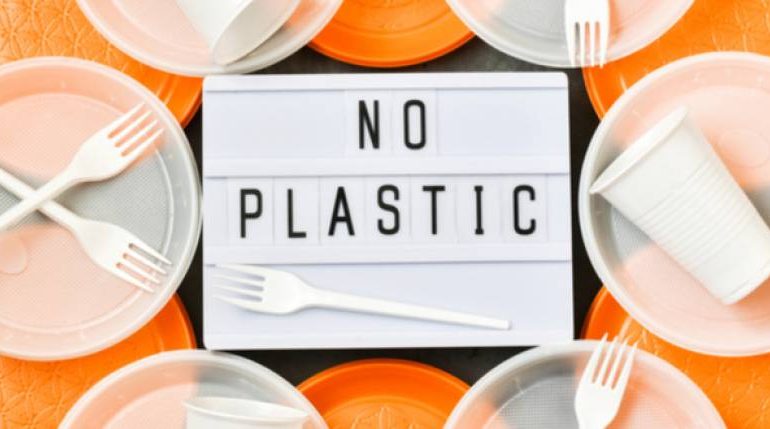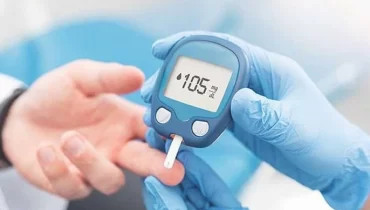In recent years, single-use plastics have become a major environmental and health concern. These plastics, designed for one-time use and then disposal, are prevalent in everyday items such as plastic bags, bottles, straws, and packaging materials. While their convenience is undeniable, the long-term health impacts of single-use plastics are increasingly coming under scrutiny. This article explores the various ways single-use plastics can affect human health and what can be done to mitigate these risks.
The Ubiquity of Single-Use Plastics
Single-use plastics are ubiquitous in modern life. They are found in grocery stores, restaurants, homes, and workplaces. Their widespread use is largely due to their low cost and convenience. However, the very properties that make them so useful—durability and resistance to degradation—also contribute to their persistence in the environment.
Environmental Persistence and Human Exposure
One of the primary concerns with single-use plastics is their persistence in the environment. Unlike biodegradable materials, plastics can take hundreds of years to decompose. As they break down, they fragment into smaller particles known as microplastics. These microplastics can be found in oceans, rivers, soil, and even the air we breathe. Humans are exposed to these plastics through ingestion, inhalation, and skin contact.
Ingestion: Microplastics can enter the human body through the food chain. They are present in seafood, salt, bottled water, and other consumables. Studies have found microplastics in a variety of food products, indicating that ingestion is a common route of exposure.
Inhalation: Airborne microplastics and plastic fibers are present in indoor and outdoor environments. People can inhale these particles, which may then settle in the respiratory system.
Skin Contact: Although less common, direct contact with plastics can also lead to exposure. This includes handling plastic products or using personal care items containing microplastics.

Health Risks Associated with Single-Use Plastics
The health risks of single-use plastics are a growing area of research. Several potential hazards have been identified:
Chemical Leaching: Many plastics contain additives such as phthalates, bisphenol A (BPA), and flame retardants. These chemicals can leach out of plastics and into food, beverages, and the environment. When ingested or absorbed, they can disrupt endocrine function, leading to hormonal imbalances, reproductive issues, and developmental problems.
Toxicity: Microplastics can attract and absorb harmful pollutants, such as heavy metals and persistent organic pollutants (POPs). These toxic substances can accumulate in the body, leading to various health problems including cancer, neurological disorders, and immune system impairment.
Respiratory Issues: Inhalation of microplastics and plastic fibers can cause respiratory problems. Fine plastic particles can reach deep into the lungs, causing inflammation, tissue damage, and potentially leading to chronic respiratory conditions.
Gastrointestinal Distress: Ingested microplastics can cause irritation and damage to the gastrointestinal tract. They may also interfere with nutrient absorption and disrupt gut microbiota, leading to digestive issues and other health problems.
Reducing Exposure and Mitigating Risks
Given the potential health risks, it is important to take steps to reduce exposure to single-use plastics. Here are some practical measures:
Reduce Plastic Use: Opt for reusable products whenever possible. Use cloth bags, metal or glass containers, and stainless steel straws. Avoid products with excessive plastic packaging.
Proper Disposal and Recycling: Dispose of plastics responsibly and recycle whenever possible. Proper waste management can reduce the amount of plastic waste that ends up in the environment.
Choose Safe Alternatives: Select products made from safer materials. Look for items labeled as BPA-free, phthalate-free, and free from other harmful additives.
Support Policies and Initiatives: Advocate for policies that reduce plastic production and promote sustainability. Support organizations and initiatives working to combat plastic pollution.
Educate and Raise Awareness: Increase awareness about the health impacts of single-use plastics. Educate family, friends, and communities about the importance of reducing plastic use and adopting safer alternatives.
The convenience of single-use plastics comes at a significant cost to human health and the environment. From chemical leaching and toxicity to respiratory issues and gastrointestinal distress, the potential health impacts of these plastics are numerous and concerning. By taking proactive steps to reduce plastic use and supporting sustainable practices, we can mitigate these risks and contribute to a healthier future for ourselves and the planet. Understanding the health implications of single-use plastics is crucial for making informed decisions and fostering a more sustainable and health-conscious society.


















